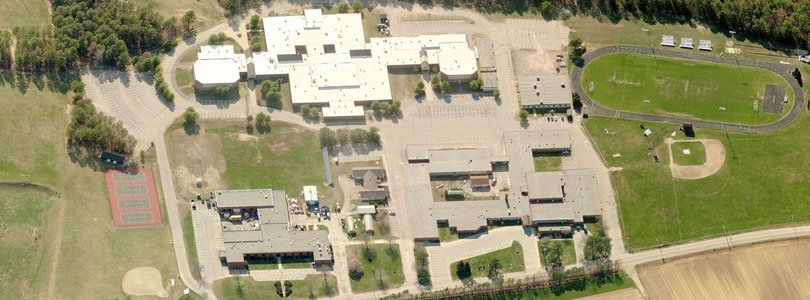Chariho to 0%, but for More Control, Tax Hawks Must Win Elections
Rhode Island residents looking for property tax relief in communities that never fail to increase their school and municipal budgets can only look with some wonder at the success of their counterparts in Richmond, Hopkinton, and Charlestown.
On Tuesday, April 9, voters from the two towns rejected the proposed budget of the regional Chariho School district by a vote of 727 to 410. Only in Charlestown was the budget approved.
Because of the way the district calculates the cost to each town, the effect of the budget differs from one to the other. And their estimated payments correspond with their vote totals. Richmond would have seen a 2.42% increase, to $18.5 million, and Hopkinton would have seen a 1.42% increase, to $18.8 million, while Charlestown would have reduced its payment by 0.48%, to $14.8 million.
The flat budget will leave Richmond with a 1.18% increase, while Hopkinton’s increase reduces to 0.19% and Charlestown’s payment actually falls 1.67%.
That’s still too high for Clay Johnston, a Richmond taxpayer advocate who lost his race as Republican for the Rhode Island House by 444 votes against Democrat Larry Valencia. “Using the surplus to create a level funded budget is a fraud. This is taking a loan from the taxpayers. It is a guarantee of future tax increases,” he told the Current.
The new proposal shaves $627,617 from the $52,098,252 budget request, or 1.2%. Nearly two-thirds of that, or $390,470 is the result of a higher withdrawal from the district’s “re-appropriated fund balance.” Superintendent Barry Ricci explained, via email, that school committee policy “requires it to maintain between 2 and 4% of the previous year’s expenditures in the fund balance (surplus).” To reach a level budget, Ricci lowered the fund from 2.75% to 2%.
Almost two-thirds of the remainder, $145,379, comes from the transportation expense, including a reduction of bus routes. The rest is a collection of smaller changes, such as $10,965 from charter school tuition that would have been subtracted anyway, and $22,360 in assumed savings from utilities.
If these or other savings are not realized, the district would be able to take less from its re-appropriated fund balance. School committee policy would then require next year’s budget to bring it at least back to where it had been.
Behind all the fine details, however, is the unspoken point of contention: 85% of the entire budget goes to employee pay and benefits. In reworking its budget, the school department found only 0.02% savings within that total, most of which is locked in by contract.
Among the victories that taxpayer groups around the state periodically win during budget battles, the one in Chariho is substantial. But to have a real effect on the ratcheting growth of taxes, they would have to begin claiming majorities on school committees and town councils. That would require finding talented people willing to donate substantial amounts of time in the face of hostile opposition from groups with direct financial and personal interests that far exceed a few hundred more dollars in taxes each year.



